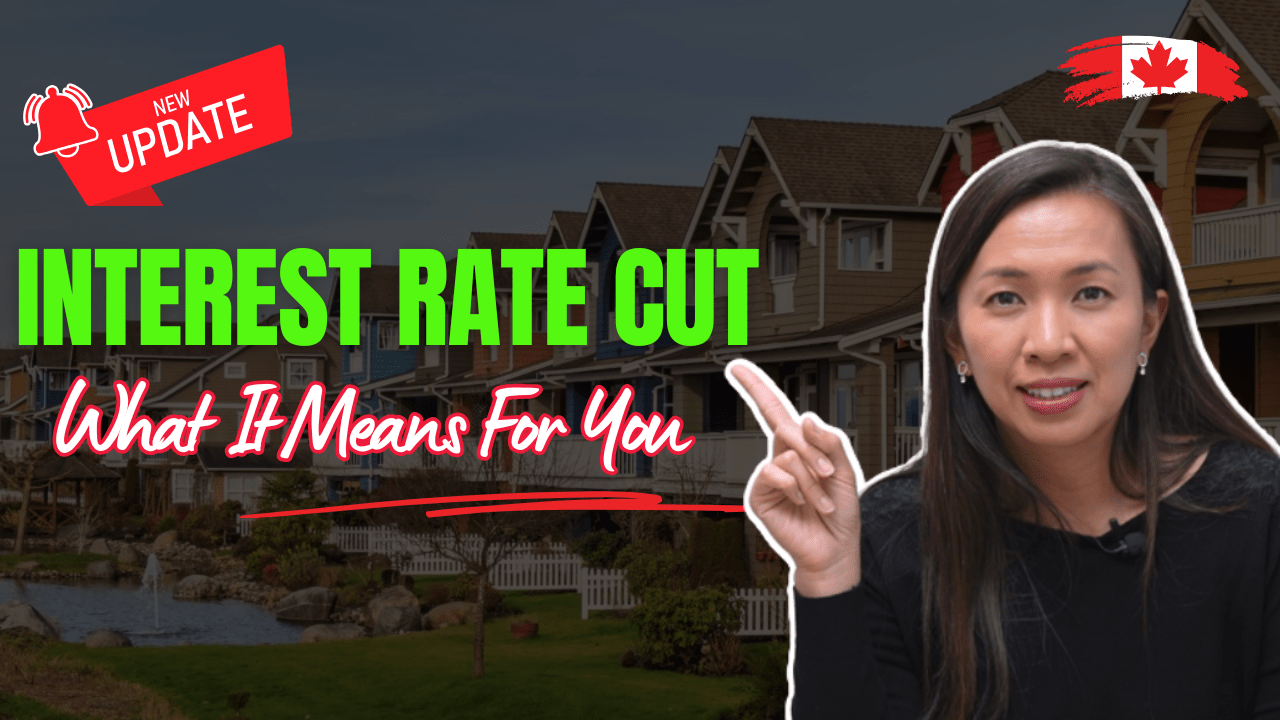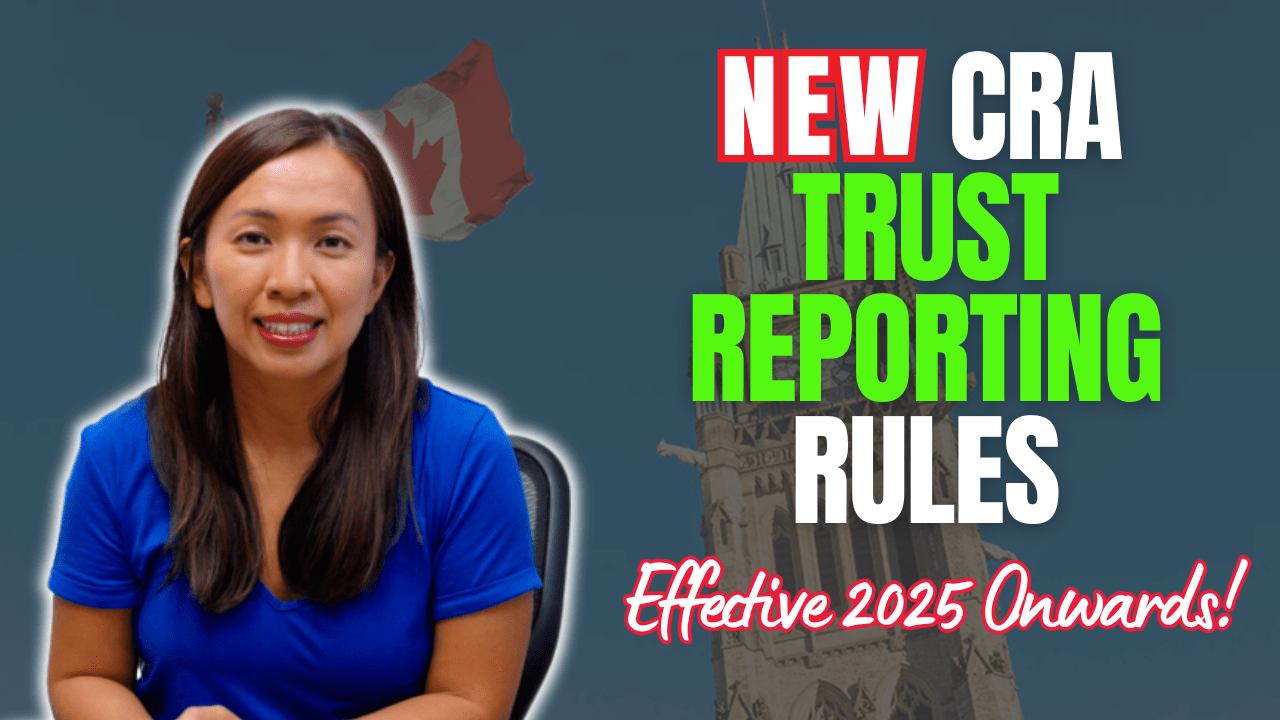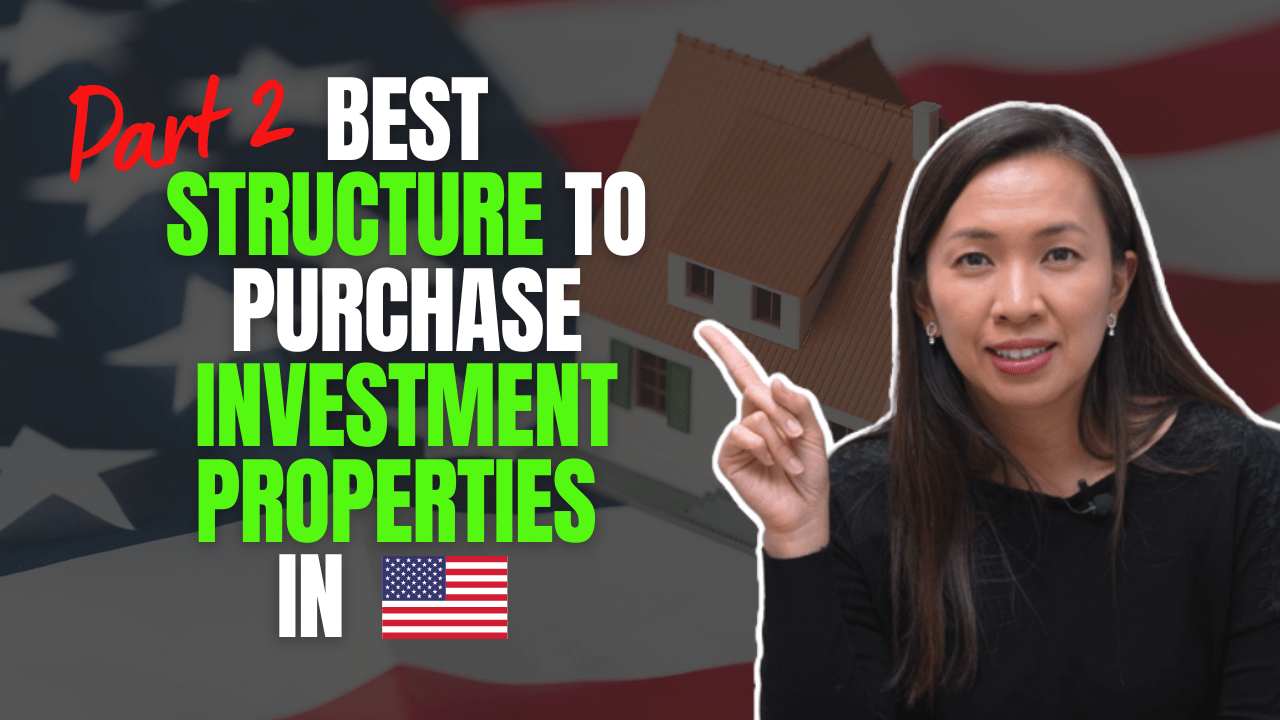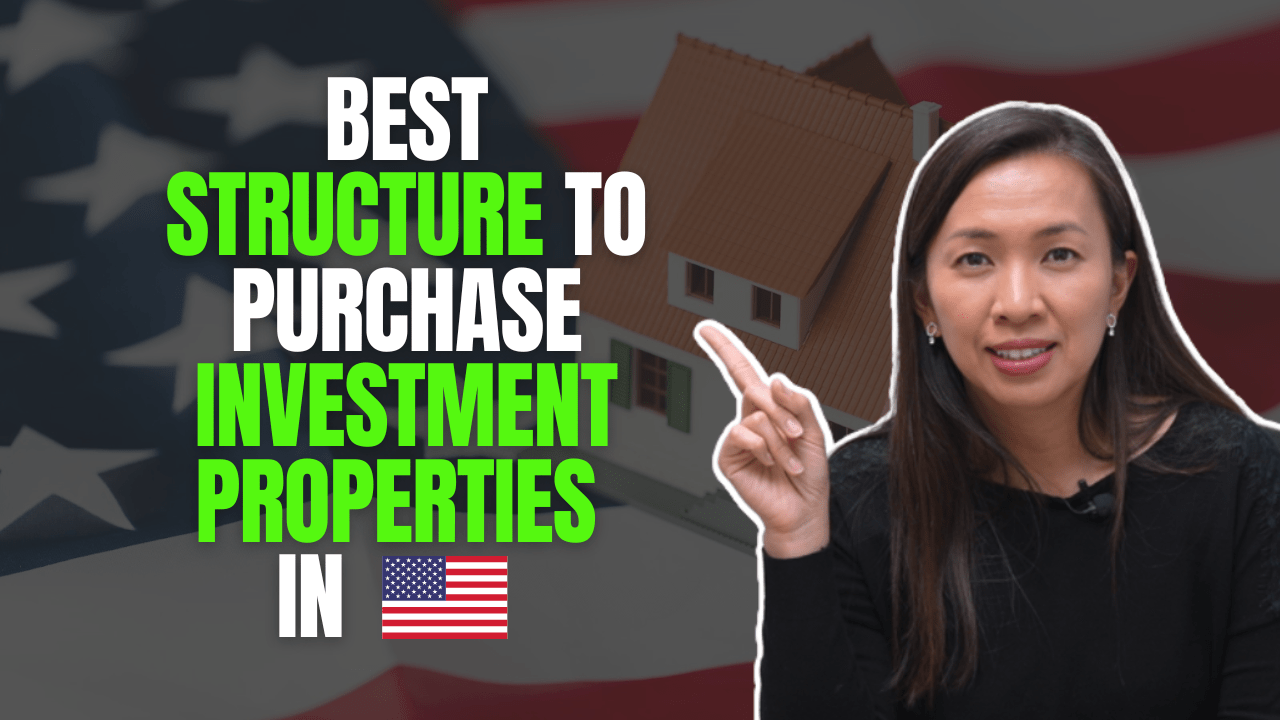A HST rebate on your new home? Can you potentially get one?
Many of my clients have been asking me, excited about their recent new homes for themselves and as rentals, if they qualify for the HST rebate. A client, who’s a real estate agent, asked how builders can avoid charging HST on new homes?
Another real estate agent also reached out to me, asking me the HST implications on buying assignments on pre-construction homes….
Well, there’s a lot of confusion when it comes down to HST charged on new homes and HST rebate calculation.
Make sure you watch this video to learn more.
HST Rebate & Implication on Purchasing a Brand New Home
Buying a new home often means that you have to wait for it to be designed and then built from scratch.
From the moment you sign that “Agreement of Purchase and Sale” to the time you physically move in, could range from one year to five years, and sometimes even longer.
And like anything you purchase here in Canada, you have to pay HST when you purchase a new build too.
If the house is $500K before HST, you have to pay $565K in total ($500K x 1.13). And yes, you could get a portion of the HST back as a rebate assuming you qualify.
Now, most people simply assume that they are going to get their full HST back. Unfortunately that’s not the case. You only get a portion of that money back – the rebate.
If the house is $500K before HST, you have to pay $565K in total ($500K x 1.13).
Yes, you do get a HST rebate back. In our case, the HST rebate on this house is $24,000.
Pre-HST Price $500K
HST charged 13% $65K
Less: HST rebate ($24K)
Net sale price posted by builder $541K
This $541K is the advertised price posted by the builder, with the assumption that you intended to move into the unit. (You are eligible to assign the HST rebate application to the builder if you intend to move into the property as your primary residence. The builder will get the HST rebate on behalf of you and you only pay the builder $541K instead of $565K.)
This rebate is called New Residential Home Rebate.
Most people mistakenly think that they get their full HST back. Unfortunately that’s not the case. It’s important to note that you only get the rebate – a portion of the money back.
But… What if you don’t have the intention to move into the property at all?
As it turns out, you can still be eligible to claim this $24K HST rebate if you are renting this new rental as someone else’s primary residence with a one year lease.
The process of applying is a bit more complicated.
Instead of paying $541K in our example, you have to tell the builder ahead of closing that you are not moving into this new home.
Because you aren’t moving into this new home, you cannot assign the New Residential Home Rebate for the building to claim it on behalf of you.
As a result, builders cannot claim the rebate and they’re out of pocket for the $24K rebate.
At closing, you would pay the builder the $24K, which is $565K in total.
Once you sign a one year lease with the tenant, you can submit an application to CRA under the HST New Residential Rental Property Rebate instead.
With proper documentation and application form, you can get your $24K back within 3 months after your application. Not a bad turnaround time.
Ultimately, you’re still getting your $24K back, it’s just going to take a bit longer to claim your money back.
Example 1
In a recent court case, a taxpayer originally purchased a new home with the intent to move in after his wedding. Unfortunately the couple split up and the wedding didn’t happen. He sold the house a short time afterwards.
CRA dismissed the HST rebate application on the basis that the taxpayer did not have the intention to move into the new home as the primary residence, largely based on the fact that he didn’t change his address with CRA and Ministry of Transportation from his parents’ house in which he lived, prior to living in his new home.
He appealed to the court and he was able to win the case, with the help of his hydro bills that were sent to his new place, and with his friends’ testimonies stating that they helped him move from his parents place to his new place.
This takes me back to my previous blog post – keeping good documentation matters. Even something as trivial and unimportant as hydro bills, could still be evidence in court helping you to substantiate your position and claim.
Keep in mind that to qualify for HST rebate under the New Residential Home Program, you need to demonstrate that you intend to move in at the time when you sign the agreement of purchase and sale.
Now, Intention is a subjective matter. Providing all corroborative evidence to substantiate your claim would definitely help the position of your claim.
On the other hand, if your intention is truly to invest in a newly built home and you have never had the intention of moving in, don’t lie.
You still have a chance to claim the same amount of rebate back. All you need to do is to come up with the money up front at closing. With a one year lease and proper documentation, you can still get the same amount back with New Residential Rental Property Rebate
Example 2
In a 2016 court case, the taxpayer claimed she moved into a new house for half a year, before she moved back in with her husband and rented the new residence out.
Although she claimed to have moved into her new home, she was unable to provide independent evidence (such as hydro bills) to substantiate her claim that she had lived in her new home. Her appeal to the court was disallowed and she didn’t get her HST rebate back.
Similarly in another 2016 court case, a taxpayer claimed that he and his wife were living in the new home that they just purchased while waiting for their old residence to be listed and repairs to be completed. They subsequently sold their new home 3 months after closing.
CRA caught on to them. Because they sold their newly purchased homes within 3 months after closing, CRA thought that they never moved in. If they never moved in, they would not have the intention to move into the newly purchased homes. Because they never had the intention to move in, at least in CRA’s eyes, they would not have qualified to assign the HST rebate to the builder to claim.
This couple disagreed with CRA’s position, and took CRA to court. The couple had to provide evidence to support their intention and their claim.
The taxpayers provided an agreement to list their old residence for sale, dated 2 years after they sold their new build, attempting to prove that they did move into this new build for a short period of time as their primary residence. The judge sided with CRA as the agreement to sell was dated 2 years afterwards. Inconsistent with the couple’s claim.
In conclusion, if you want to move into a new home, make sure you do move in, and you have evidence such as utilities bills, internet bills, moving bills, furniture delivery bills and driver licence address change showing that you have moved in.
If you are planning to purchase a new built as your rental, make sure you do not assign the right to the builder to claim the residential rebate back. All you need to do is fill out a different form and you are eligible to claim the same amount of rebate back with a one year rental agreement.
If you are planning to flip the new house without moving in, make sure you consider the loss of HST rebate as part of your cost.
Now, it’s always better to be prepared than to be sorry. Therefore, I always advise my clients to sit with their tax advisor for a personalized consultation of their situation.
I do hope you now understand the HST rebate on your new home – New Residential Housing Rebate.
Until next time, happy Canadian Real Estate Investing.
Cherry Chan, CPA, CA
Your Real Estate Accountant






Brandon Foster
What about if I build a home with a builder and I have a builders mortgage.
Cherry
Hi Brandon, thanks for being here. Unfortunately this isn’t the right platform where I would be able to advise you about your personalized situation without knowing the specifics. For any questions or consultation, please contact our office at 416-548-4228 or email us at admin@cccpa.ca and we will be sure to take care of you. Thanks!